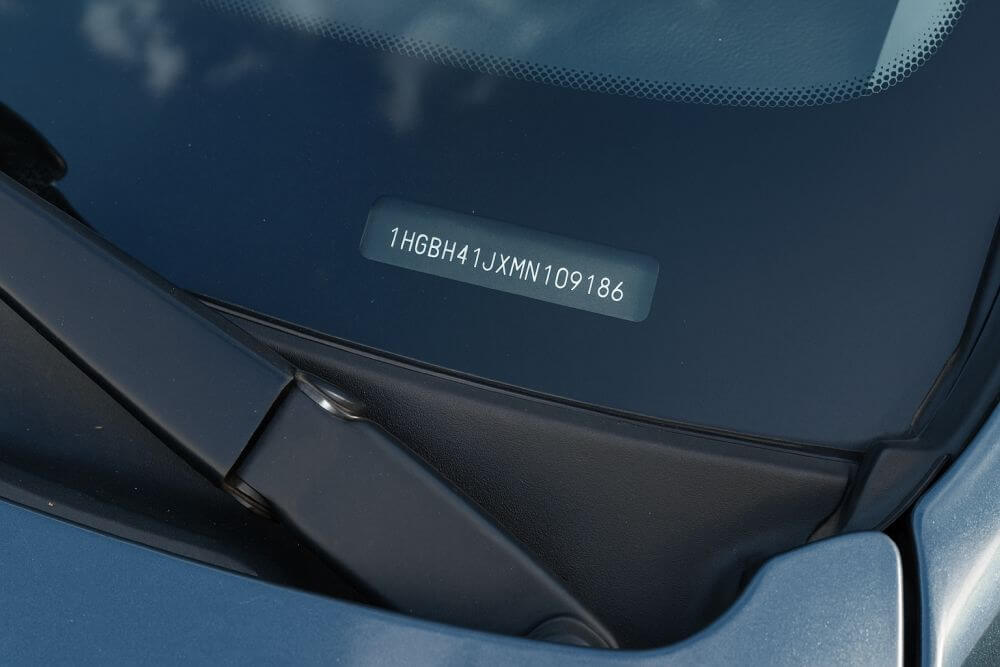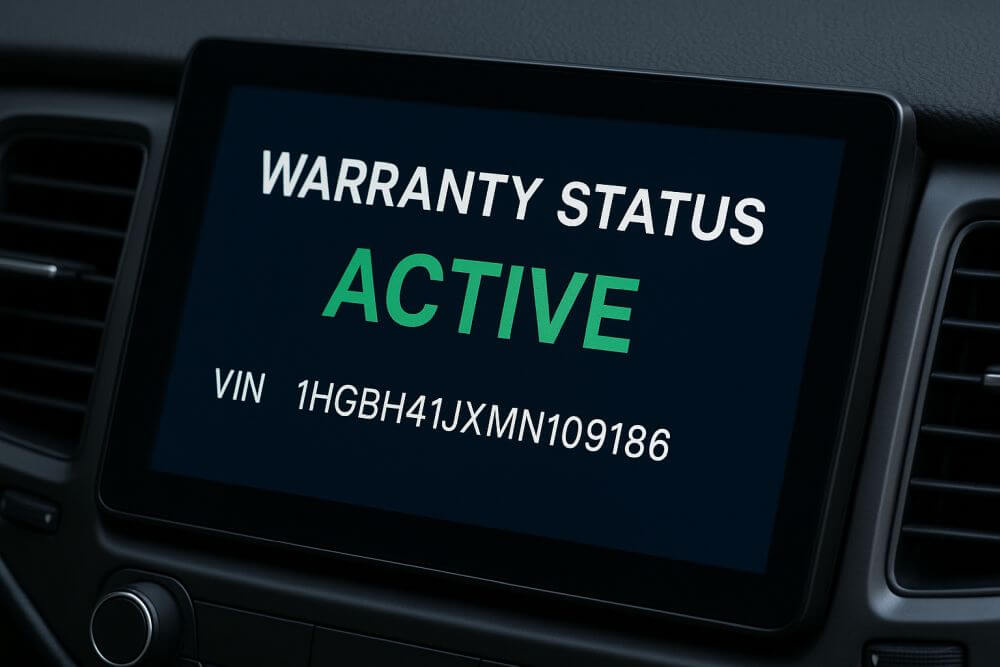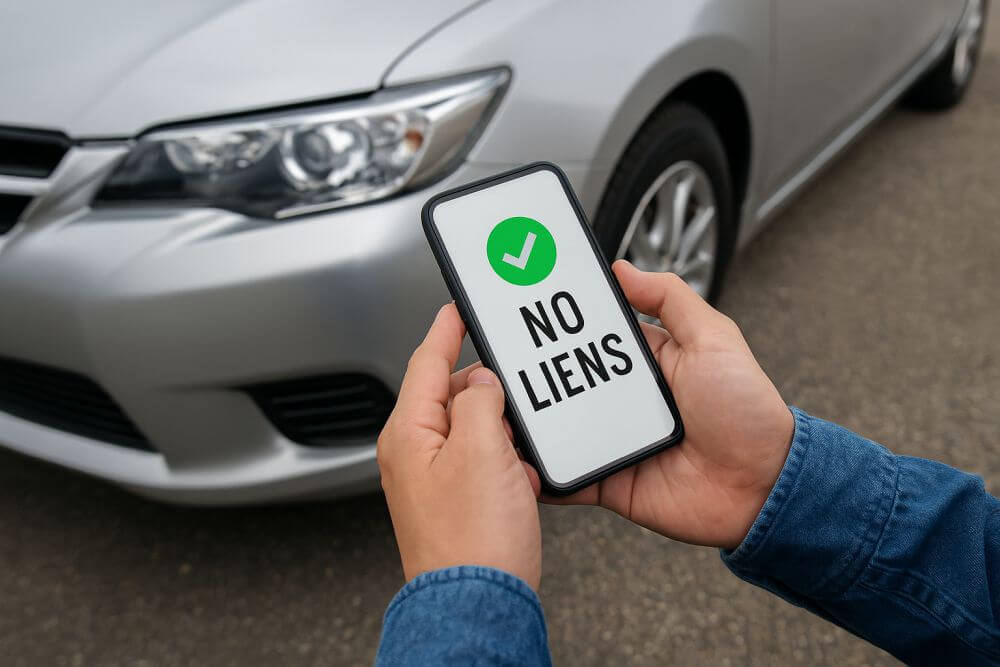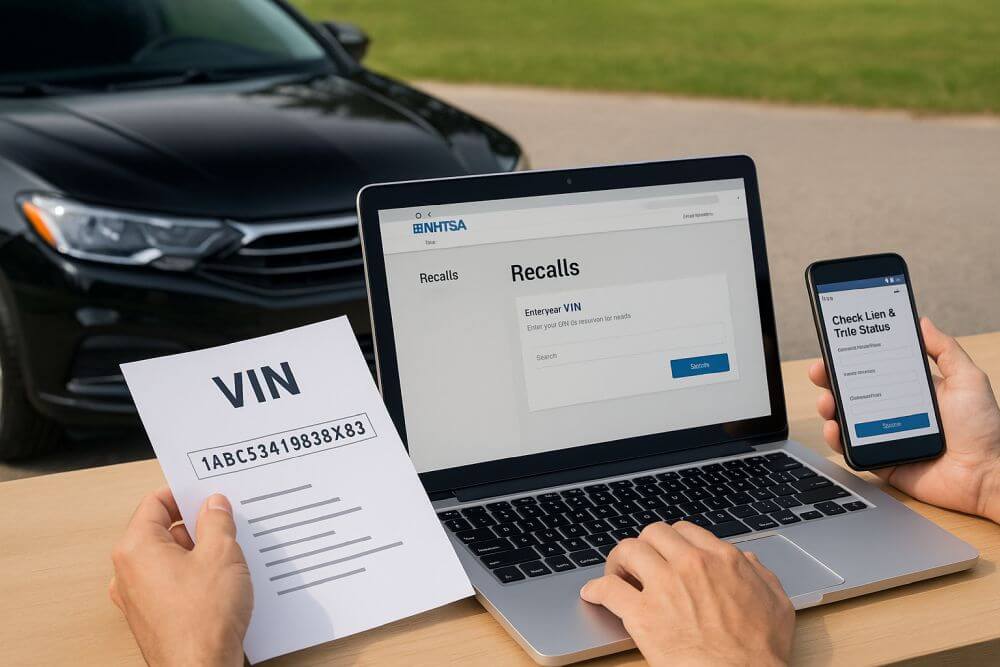 If you’re shopping for a used car, one of the most important steps you can take is checking the vehicle’s history. A clean title, accurate mileage, and accident-free record can make or break the deal. The best part? You can check a car’s history using the VIN (Vehicle Identification Number) at no cost using trusted tools like VinCheckPro.com.
If you’re shopping for a used car, one of the most important steps you can take is checking the vehicle’s history. A clean title, accurate mileage, and accident-free record can make or break the deal. The best part? You can check a car’s history using the VIN (Vehicle Identification Number) at no cost using trusted tools like VinCheckPro.com.
In this guide, we’ll explain what a VIN is, what kind of information it can unlock, and how you can use it to run a 100% free vehicle history report to avoid scams and costly surprises.
What Is a VIN and Where Can You Find It?
The Vehicle Identification Number (VIN) is a 17-character code assigned to every vehicle manufactured after 1981. It acts like a fingerprint for your car—no two VINs are the same.
You can find the VIN in several locations:
- On the dashboard (visible through the windshield)
- Inside the driver’s side door jamb
- On the vehicle title or registration
- On the insurance policy or documents
What Can a VIN Number Tell You?
Running a VIN check can reveal critical information about a vehicle’s past, including:
- Title status (clean, salvage, rebuilt, junk)
- Accident history
- Odometer readings and rollbacks
- Number of previous owners
- Open safety recalls (verify at NHTSA)
- Theft or lien status (check also via NICB)
Whether you’re buying from a dealership, private seller, or online marketplace, this data can help you spot red flags and negotiate with confidence.
How to Run a Free VIN Check with VinCheckPro
Step 1: Go to VinCheckPro.com
Start by visiting the homepage or head straight to the Free VIN Check Tool.
Step 2: Enter the VIN
Type in the 17-digit VIN and hit “Search.”
Step 3: Review the Report
In seconds, you’ll receive a comprehensive vehicle history report that may include:
- Accident and damage history
- Title brands from all 50 states
- Odometer verification
- Past ownership changes and usage type (personal, rental, fleet)
- Manufacturer recalls and service bulletins
If you don’t have the VIN, you can use the vehicle’s license plate number and state instead.
What Makes VinCheckPro Different?
Unlike premium services like Carfax, which charge up to $40 per report, VinCheckPro offers the same core data for free. There’s no account required and no credit card needed.
Other features include:
- VIN Decoder Tool: Reveals factory specs like engine, trim, drivetrain
- Vehicle History Reports: Full summaries of title records, accidents, theft reports, and recalls
- Support for both VIN and plate-based searches
This makes VinCheckPro an ideal choice for private sellers, first-time buyers, and anyone shopping on a budget.
When to Use a VIN Check
Use a free VIN lookup when:
- You’re comparing multiple vehicles from listings
- You want to verify the seller’s claims before a test drive
- You’re checking for salvage or flood title history
- You’re trying to determine fair market value based on condition
FAQs: VIN Checks for Buyers
Is a free VIN report really reliable?
Yes. VinCheckPro pulls from industry databases and public records, including DMV and salvage auction data. For added safety, you can confirm recalls at NHTSA or theft status at NICB.org.
What if the VIN is missing or doesn’t match the paperwork?
This is a major red flag. The vehicle may be stolen or have a tampered identity. Walk away and report it if necessary.
Can I run a VIN check on a car I don’t own?
Absolutely. If you’re considering buying the vehicle, you have every right to verify its history before committing.
Final Thoughts
A VIN number is more than just a string of digits—it’s your best defense against buying a car with hidden issues. By running a free VIN check at VinCheckPro, you can get a full history of accidents, title problems, mileage records, and more.
🔎 Get started with a free VIN decoder or vehicle history search to shop smarter and safer today.


